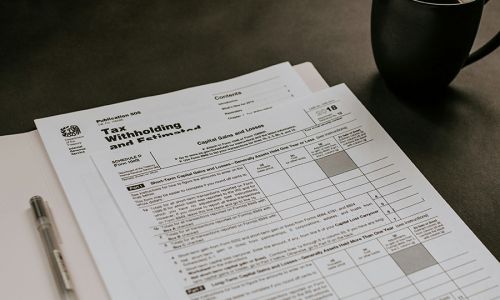
The U.S. Department of Commerce’s Bureau of Industry and Security (BIS) is responsible for enforcing the Export Administration Regulations (EAR) — the rules that control the export, reexport, and even in-country transfer of commercial items, “dual-use” technologies, and certain military-related products.

The IRS Whistleblower Program is one of the most powerful — and financially rewarding — tools in the U.S. enforcement system. Created to help expose serious tax fraud, evasion schemes, and large underpayments, the program allows individuals to report violations confidentially and earn up to 30% of the government’s recovery.

Since the Dodd–Frank Act of 2010, the SEC has fundamentally reshaped how securities fraud and corporate misconduct are detected and addressed. Through its Office of the Whistleblower (OWB), the Commission has recovered billions in penalties and awarded over $2 billion to individuals whose insider information helped uncover violations.
- The “Bargaining Chip” Doctrine in OFAC Sanctions: Strategic Leverage, Legal Foundations, and Practical Pathways to Delisting
- INTERPOL Notice in U.S. Immigration Law: How They Affect Visa, Asylum, and Naturalization Cases
- Reconsidering Anti-Dumping Tariffs: Legal Framework, Jurisprudence, and Practical Strategies for Reconsideration and Revocation
- Unblocking OFAC-Sanctioned Assets for Personal Needs and Hardship Circumstances

 English
English  Español
Español  Русский
Русский  Turkish
Turkish  Persian (فارسی)
Persian (فارسی)  Arabic (العربية)
Arabic (العربية)  简体中文 (中国)
简体中文 (中国) 
